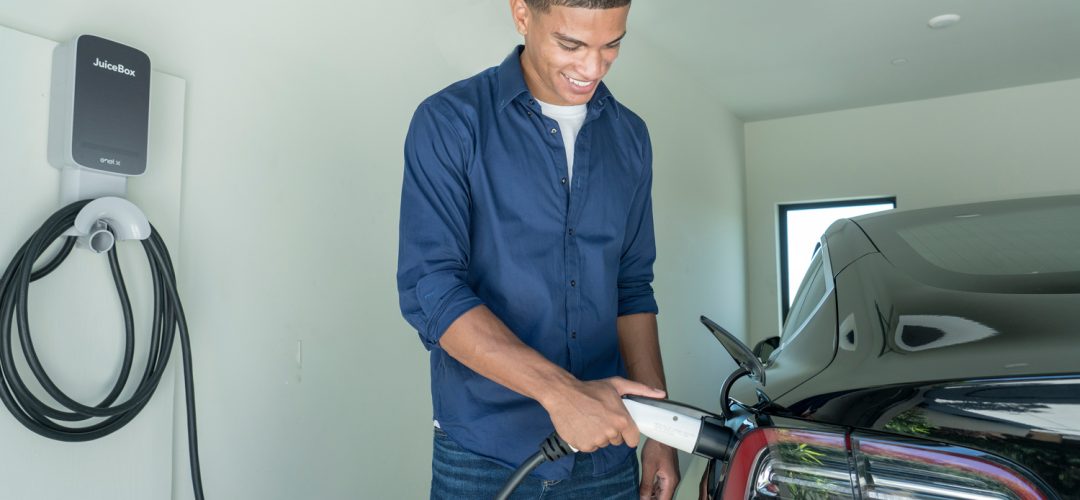Commentary
by Peter Ciani, RPM News Weekly Co-Founder
A couple of months ago, the all-new Zero Emission Transportation Association launched as the first industry coalition of its kind focusing on the accelerated transition to EV transportation. Called ZETA for short, this new organization was created for the expressed purpose of advocating for national policies that will enable 100% electric vehicle sales in all segments by 2030. Its Founding Members comprise 28 electric vehicle related businesses.
In general, I’m not a huge fan of lobbyist groups. It irks me a bit that businesses and certain individuals are allowed to ‘cut the line’ so to speak, and pitch their ideas and agendas directly to politicians when the average Joe is stuck writing a letter to their representatives in hopes of hearing back.
No doubt you’re familiar with the concept. Lobbyists and lobbyist groups basically exist to ‘lawfully’ influence public officials in hopes of steering policy decisions their way. Every industry has lobbyists, from pharmaceutical, to real estate, to oil. Lobbyist groups have been in the background schmoozing politicians in the U.S since at least the 1800s.
As the world changes and companies change along with it, so does the face of lobbying. In the 1800s, railroad expansion was a big business, so as you’d imagine, the industry would lobby the government for subsidies to help it grow and expand. In the 1900s, there was tobacco. This once-mighty lobby has been slowly declining over the years as more and more people wake up to the realization that smoking might kill them.
Like tobacco, the oil industry is facing the reality that its heyday may have already passed by. Not that oil is done by any means. While its spending may be down a bit for 2020, the oil and gas industry is still burning through a fair amount of cash when it comes to lobbying the government.
Which makes the ZETA announcement all the more important.
“For the first time in a generation, transportation is the leading emitter of U.S. carbon emissions,” noted ZETA Executive Director Joe Britton at the organization’s launch. “By embracing EVs, federal policymakers can help drive innovation, create hundreds of thousands of new jobs, and improve air quality and public health. ZETA’s formation recognizes a pivotal moment for national leadership and reflects the will of the growing clean transportation sector.”
ZETA will initially focus on these five key policy pillars:
1. Outcome-driven consumer EV incentives. Point-of-sale consumer incentives drive adoption, provide cost reductions, and achieve real results in pushing transportation electrification. In addition, incentivizing early retirements while encouraging EV adoption will speed the transition and meet the urgency of the moment.
2. Emissions / performance standards enabling full electrification by 2030. Emission targets are a key piece of protecting public health and sending the correct market signals to support and accelerate the transition to zero emission transportation.
3. Infrastructure investments. Strong federal charging infrastructure investments will drive the electric transportation transition and ensure that the United States is leading the way in a clean recovery where everyone is better off.
4. Domestic manufacturing. We should not only accelerate U.S. transportation electrification, but also work to ensure that we secure domestic economic growth and leadership in EV manufacturing. Federal policies must encourage job creation and economic activity across the entire EV supply chain and lifecycle, from critical materials to vehicles.
5. Federal leadership and cooperation with sub-national entities. Federal support should invest in research and development, provide an aligned vision for electrification, and ensure local leaders are empowered with the expertise and resources to support full vehicle electrification.
While auto manufacturing newcomers such as Tesla, Rivain, Lucid and Lordstown Motors are on the list of founding members, I can’t help but notice that none of the so-called ‘legacy’ auto manufacturers have signed on. I do hope that companies such as Volkswagen and GM, who have been outspoken about their EV futures, eventually join the group.
In that spirit, perhaps ZETA eventually will work toward revising outdated dealer franchise laws that have stifled newer automakers from bringing innovative business models into certain states.
ZETA Founding Members:
- ABB
- Albemarle Corporation
- Arrival
- ChargePoint
- ConEdison
- Copper Development Association, Inc.
- Duke Energy
- Edison International
- Enel X
- EVBox
- EVgo
- Ioneer
- Li-Cycle
- Lordstown Motors
- Lucid Motors
- Piedmont Lithium
- PG&E Corporation
- Proterra
- Redwood Materials
- Rivian
- Siemens
- Southern Company
- SRP
- Tesla
- Vistra
- Volta
- Uber
- WAVE
ZETA also plans to launch the ZETA Education Fund, an affiliated group focused on educating the public on the environmental and social benefits and opportunities associated with broad EV adoption.
For more information you can find the Zero Emission Transportation Association online at www.ZETA2030.org




